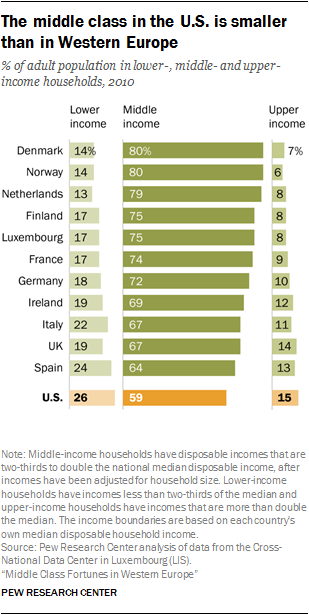Germany embarks on three-year universal basic income experiment
12:49 FEBRUARY 28, 201
https://www.neweurope.eu/article/germany-embarks-on-three-year-universal-basic-income-experiment/
€416 a month allowance for 250 people over a three year period.
The pilot programme emulates the two-year experiment by Finland’s Social Insurance concerning Universal Basic Income which ended in January.
The broad conclusion in Finland is that the programme bettered the general quality of life of its participants without achieving a major boost to their employability or social standing.
The German experiment, however, has significant differences. Unlike what was rolled out in Finland, Germany’s planned programme – referred to as Harz Plus – is a private initiative by the Berlin-based non-profit organisation Sanktionsfrei.
Unlike normal “job-seeking” allowances, the so-called Harz Plus payment will not require that an individual provide proof that the beneficiaries are seeking employment. The German experiment will provide a safety net and the participants will be regularly interviewed to document the effect of the allowance.
Middle Class Fortunes in Western Europe
From 1991 to 2010, the middle class expands in France, the Netherlands and the United Kingdom, but, as in the United States, shrinks in Germany, Italy and Spain
BY RAKESH KOCHHAR
http://www.pewglobal.org/2017/04/24/middle-class-fortunes-in-western-europe/
The role of the middle class in developed economies
The size and the well-being of the middle class are intertwined with some of the key economic challenges facing the developed world this century – income inequality is rising in many countries, economic growth is anemic, and economic mobility is lesser than in the past.
A smaller middle class or a relatively less well-off middle class often reflects a more unequal income distribution. In turn, increases in income inequality present an adverse climate for economic growth. A relative decline in the incomes of lower- and middle-income families may create a drag on overall consumption in the economy, lead to excessive borrowing by these families, or provide disincentives to invest in education.

A more vibrant middle class may also improve the economic outlook for future generations. In the U.S., for example, communities with larger middle classes offer a greater likelihood that children will experience upward mobility relative to their parents’ status in the income distribution. A similar relationship has also been found to exist across countries, whereby intergenerational mobility is greater in countries with less income inequality.
Many countries in Western Europe have significantly larger middle classes than the U.S.
The U.S. has larger lower- and upper-income tiers than the selected countries from Western Europe
Income inequality is related to the size of the middle class in a country
